#post war Japan
Explore tagged Tumblr posts
Text
Zainichi, which literally means “residing in Japan”, is the name given to ethnic Koreans who immigrated to Japan post-war.

Although Koreans in Japan prior to World War II suffered racial discrimination and economic exploitation, the Japanese authorities nonetheless counted ethnic Koreans as Japanese nationals and sought to fully assimilate Koreans into Japanese society through Japanese education and the promotion of intermarriage. Following the war, however, the Japanese government defined ethnic Koreans as foreigners, no longer recognizing them as Japanese nationals. The use of the term Zainichi, or "residing in Japan" reflected the overall expectation that Koreans were living in Japan on a temporary basis and would soon return to Korea. By December 1945, Koreans lost their voting rights. In 1947, the Alien Registration Law consigned ethnic Koreans to alien status. The 1950 Nationality Law stripped Zainichi children with Japanese mothers of their Japanese nationality; only children with Japanese fathers would be allowed to keep their Japanese citizenship.

Read more about Koreans in Japan:
#zainichi#korean#Japanese#japan#korea#post war Japan#discrimination#ethnic minority#immigration#immigrants#WWII#three resurrected drunkards#japanese film
21 notes
·
View notes
Text
So I just saw Godzilla: Minus One
Omg everybody stop everything and go see this movie ASAP. It's INCREDIBLE!!
Post-War Period Piece??? Caring about the human characters??? Takashi making the best Godzilla film TO DATE???? The fear!!! The tension! The emotion!!! The hope for a brighter future in spite of terror and pain!!! So fucking good!!!
He looks fantastic too. What a guy. Favorite film of the year hands down.
#godzilla#minus one#takashi yamazaki#toho#big fuckin monster#monster#post war japan#nuclear fallout#movie monsters
9 notes
·
View notes
Text
The Silent Cry by Kenzaburo Oe - Thoughts
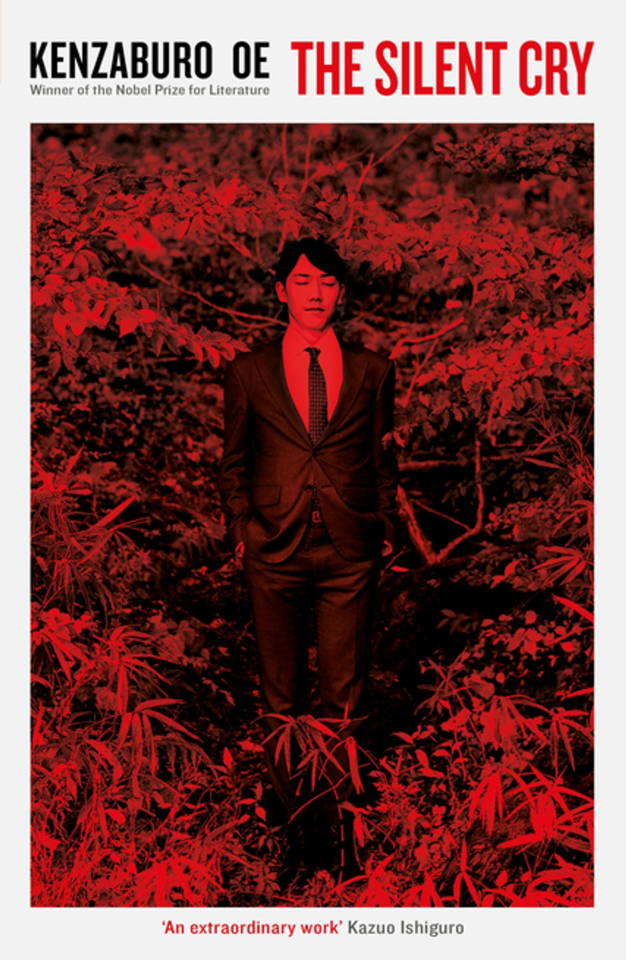
"I should have stretched out a helping hand, but a similar landslide was threatening to sweep me off my feet too."
Overall Rating: 8/10
While 'winner of the Nobel prize in literature' might be the initial reason of me buying the book in the first place, the label was not what made me stick to it. I have found yet another writer whose writing style connects so much with me, and also constantly reminds me that I should enrich my vocabulary. While my tour into Japanese writers have only showed me Murakami and Kazuo Ishiguro, they weren't particularly what you'd expect from Japanese literature. They write with heavy western influences and Kazuo Ishiguro is a Japan born British novelist. But it's with Kenzaburo Oe and Osamu Dazai that I had a proper interaction of Japanese literature. The book shows a heavily depressing yet hopeful post war Japanese society, where people are conflicted whether to live in the past sticking to tradition or hope for change and work for it. Japanese culture and traditions, along with heavy triggers- the book managed to captivate me with it's environment building.
The story was set apart by the two main focuses of the story: our humble narrator, Mitsu and his younger brother, Takashi. The duality of Mitsu and Takashi's character made for a journey where I just didn't know who to root for. I didn't root for anybody at one point. I rooted for peace, and somehow I couldn't see any of them getting it. Even though the book ends on a hopeful note, I found myself conflicted on whether this is how it really should have ended. On one side you had Mitsu, our narrator, who happened to have lost his way of life and found himself in an edge after the birth of his disabled child and the suicide of a close friend. And on the other hand, we had Takashi, a hopeful youth just back from America, prone to self destruction, yet very eager to connect to his roots by taking his brother (Mitsu) and his brother's wife to their ancestral home.
Takashi would be all for ancestral connection while Mitsu would often be seen in a state of constant disconnection from reality and his roots altogether. Mitsu's wife, drowning in alcoholism after they had to admit their disabled child to an institution, finds herself in a new spirit after having met Takashi. Takashi's extroverted leadership, enthusiasm to connect with his roots, sudden explosive violence had won him the love and support of people. Yet you still don't find yourself rooting for him- cause there is always something off about everybody here.
The book fleshed out its characters to the point where you can really understand them, and then blows it all apart. You feel you are close to understanding them, and then ask yourself that were you really actually close. This state of perpetual hopelessness, the abject routine of the village people just made you feel sorry for the way that they lived. But it seemed somehow there has always been a glimmer of hope, and it comes to those who choose to search for meaning in their lives. It's for all of the people who don't want to live in a magnificent building by someone else but would rather live in a thatched hut that they built by themselves.
Takashi's eagerness towards self punishment and living his "truth" seemed really vague to me, something I couldn't really grasp. But I think it gets better with a reread. The book took long passages to explain the ancestral history of the village which can drag sometimes, but makes you wanna respect it. Ancestral connection played a huge part in the book, and it wouldn't be fair to shy away from it.
As you can see the book isn't anything resembling the happy go lucky type. It has heavy themes of self punishment and suicide along with other major triggers. The book will make you feel a set variety of emotions. Which is great, because of the fact that something can make you feel such heavy emotions all at once.
Overall, great read. Felt like I read a huge part of Japanese culture just through this book, especially about the post war Japan. I'd recommend it. I've ordered Natsume Soseki's Kokoro to have another road trip down the traditional Japanese literature route. Till then, I'll read a lil bit more bout Kenzaburo Oe.
#books#book#book review#bookish#review#kenzaburo oe#the silent cry#japanese literature#japan#post war japan#post modern literature
11 notes
·
View notes
Text




#ch posts#star wars celebration#swc japan#swc jp#star wars celebration japan#cassian andor#mon mothma#kylo ren#anakin Skywalker#obiwan kenobi#rey skywalker#osha#mae#andor#the acolyte#sequel trilogy#master sol#the stranger#at least i think thats his name#djwkbdksnsks#manny jacinto#there!#these look so cool
834 notes
·
View notes
Text
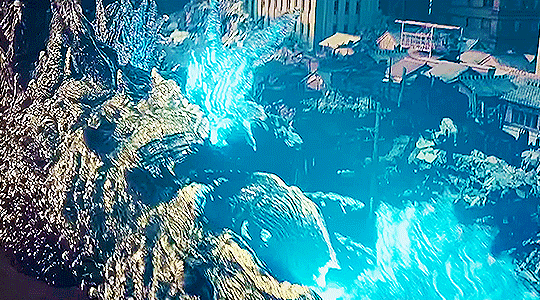
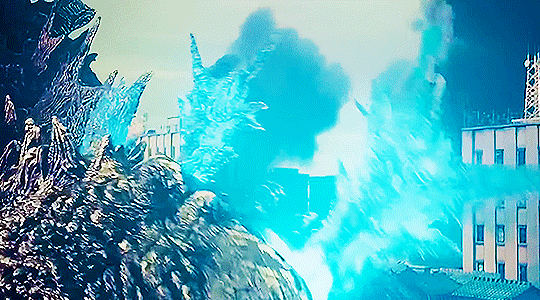

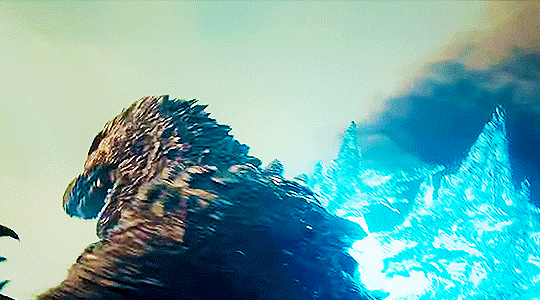


GODZILLA: Minus One (2023)
#godzilla#godzillaedit#godzilla minus one#godzillaminusoneedit#kaiju#monster#king of the monsters#japan#post war#epic#city#poster#film#movie#2023#atomic breath#destroy#destruction#sci-fi#scifiedit#gif#edit#godzillagifs
4K notes
·
View notes
Text

The Nichigeki (Nippon) Japan Theater in Sukiyabashi, Tokyo, 1978. This iconic Art Deco building survived World War 2 but existed from 1933 until 1981. It's replacement didn't last long, it was shut down in 2018.


Above: 1975, when Jaws premiered.



Above: the theater around 1963.

99 notes
·
View notes
Text
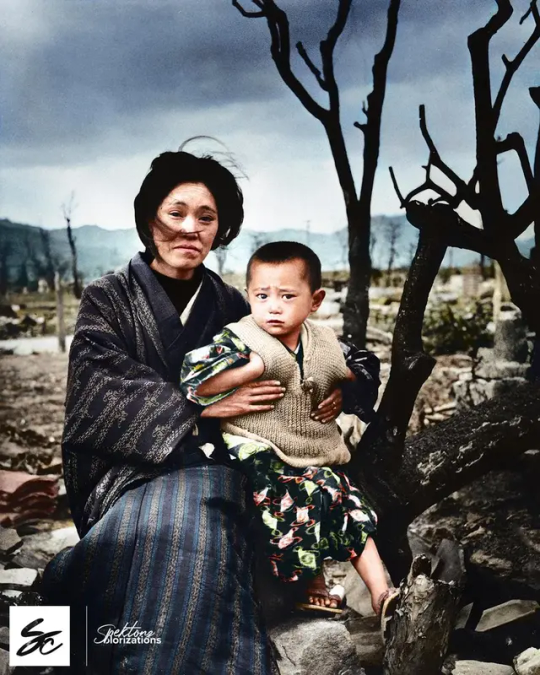
Japanese mother and her son in the rubble of Hiroshima, four months after the bomb was dropped. Dec 1945
58 notes
·
View notes
Text




Ordeal By Roses series (starring Yukio Mishima), 1961, Eikoh Hosoe.
#Eikoh Hosoe#post-war japanese art#japanese#japan#japanese art#japanese photography#black and white#mishima#yukio mishima#gay photography#gay japanese art
73 notes
·
View notes
Text

Kagawa Gymnasium. Scheduled for demolition.
Built between 61-64 by Pritzker Prize winner Kenzo Tenge.
#monochrome#urban photography#kagawa prefecture gymnasium#japan#kenzo tange#post war#modernism#architecture
43 notes
·
View notes
Text
When I want to not be weird about something but I have literally never been normal about a piece of media in my life
#unhinged#me with anime#no I'm not obsessed with japan in a wierd way i just think hot men fighting eachother is neat#i need both i need to be unhinged but also have meaningful discussions#gojo is an amazing complex character AND i need him to rail me into next week#god fucking damnit autism can i not drive people away from me with my obsessions#can i just be silly about my little guys#vent post#vent#but like a little vent not a big vent#autism#actually autistic#neurodivergent#special interest#star wars#jujutsu kaisen#jjk#anime#ace attorney#demon slayer#kimetsu no yaiba#good omens#bungou stray dogs
33 notes
·
View notes
Text

I made this in 30 minutes shut up. I needed to make art for this movie okay. Godzilla Minus One
#Godzilla minus one#bread#Godzilla#god this movie changed me#like legitimately when a movie can make me feel the way I did. god.#this movie is a masterpiece#it’s a Godzilla movie of course but it is also a post World War II Japan movie and it is beautiful
139 notes
·
View notes
Text

#kylesa#some girls#modern life is war#converge#converge band#artwork#arte#art#graphic#graphic design#heavy metal#metal#post metal#post hardcore#gig posters#gig poster#Japan#affiche#poster#posters#concert poster#music poster#music posters#poster art#posters music#poster design#hardcore punk#poster prints
17 notes
·
View notes
Text
I really hope when the new anime season comes out that we get to delve into the childhoods of the older generation characters because I’ve seen manga panels of those and it says SO MUCH about the story and how things come to be for the kids they watch over.
GIVE ME THE GENERATIONAL TRAUMA BACKSTORIES PLZ
They essentially grew up in a war zone. It has so much effect on their characters and how they interact with the kids. I hope they don’t cut the inclusion of those scenes to allow longer, flashier fights.
#ESPECIALLY ENJI AND REI#ITS SO FUCKING IMPORTANT TO THE TODOFAM PLOTLINE#AND TO ME PERSONALLY#the narrative connections WW2 and post war Japan I mean#boku no hero academia#all might#mha#todoroki enji#endeavor#Gran Torino#rei todoroki#nana shimura#bnha
53 notes
·
View notes
Text
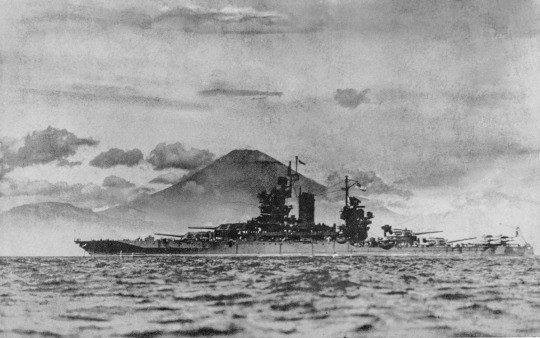
"USS NEW MEXICO (BB-40) anchored in the Tokyo Bay area, at the end of World War II. Mount Fuji is in the background."
Photographed in late August 1945.
U.S. Naval History and Heritage Command: NH 50232
#USS NEW MEXICO (BB-40)#USS NEW MEXICO#New Mexico Class#Dreadnought#Battleship#Warship#Ship#United States Navy#U.S. Navy#US Navy#USN#Navy#Mount Fuji#Toyko#Japan#Post War#Postwar#August#1945#my post
110 notes
·
View notes
Text
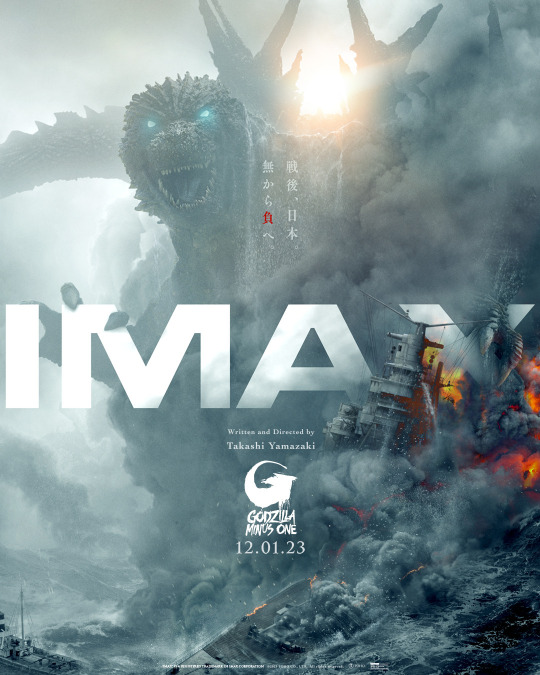
Godzilla: Minus One (2023)
#godzilla#godzillaedit#godzilla minus one#godzillaminusoneedit#kaiju#monster#king of the monsters#japan#post war#epic#city#poster#film#movie#2023
361 notes
·
View notes
Text
I do think the reason I never really identify with the labels yume or riako despite them technically fitting me is bcs I'm wasian and Korean specifically so I don't really like the idea of using a Japanese term to describe myself. And I don't mean this in a "non-Japanese people shouldn't use these terms" way, I mean them in a "part of Japan's imperialism and colonization of Korea was forcing Koreans to take Japanese names and only speak Japanese as a form of cultural genocide, so I as a mixed Korean woman don't like the idea of calling myself a Japanese term" way
#my posts#i know japan's history of imperialism and war crimes doesn't get taught much in school#so hello to anyone this is a history lesson for lol
9 notes
·
View notes